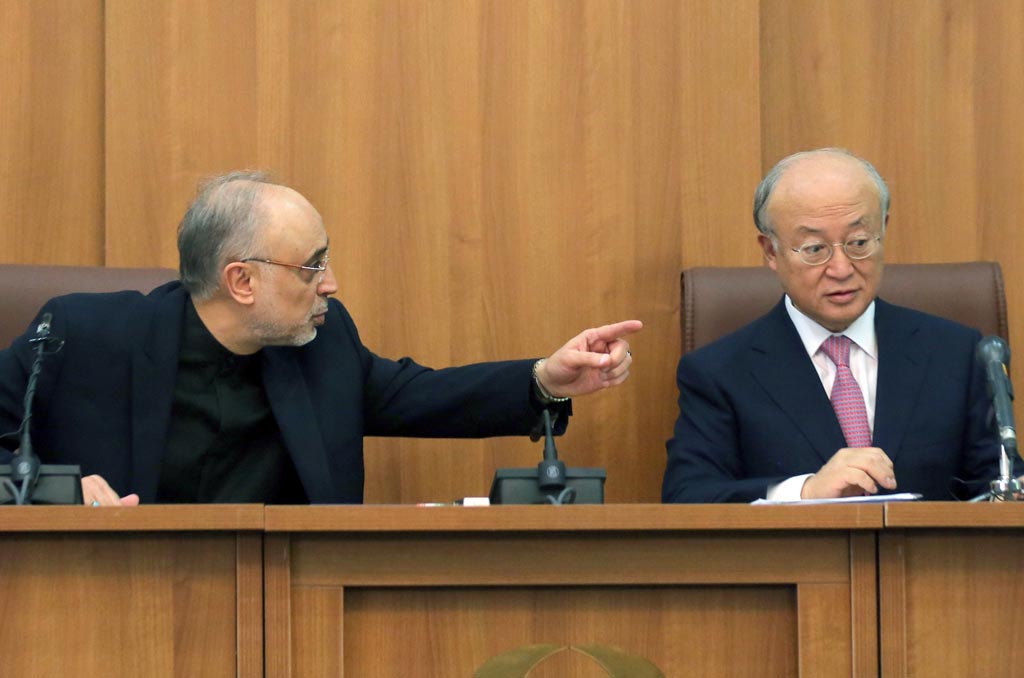
The announcement of the breakthrough came during a visit to Tehran by International Atomic Energy Agency (IAEA) chief Yukiya Amano. No further details were immediately released.
"The joint statement that was signed today details a roadmap for cooperation that determines mutual steps to resolve remaining issues," Iran's nuclear chief Ali Akbar Salehi said at a news conference with Amano that was closed to Western media in Tehran.
Amano hailed the deal as "an important step" but added "much more must be done", in remarks carried by ISNA news agency.
The IAEA chief's visit was aimed at resolving technical issues linked to the body's role in monitoring Iran's nuclear activities.
Broader questions of how to ensure that Tehran's nuclear programme is not being used to mask a drive for atomic weapons are being discussed in negotiations between Iran and P5+1 powers -- Britain, France, the United States, Russia and China plus Germany.
In the latest talks, a marathon session in Geneva which ended inconclusively on Sunday, hopes for a deal had soared after top diplomats rushed to join the talks.
But they faded as cracks appeared among world powers when France raised concerns over a heavy water reactor being built at Arak.
Addressing the issue Monday in Abu Dhabi, US Secretary of State John Kerry accused Iran of being responsible for the failure of the talks.
"The P5+1 was unified on Saturday when we presented our proposal to the Iranians ... But Iran couldn't take it, at that particular moment they weren't able to accept," said Kerry, who was in Abu Dhabi after having taken part in the talks.
Kerry assured Israel that the deal will better protect it.
"What we are doing will protect Israel more effectively," he said, after the US and Israel were locked in an escalating war of words over the talks with Iran.
The P5+1 group and Iran will reconvene again in Geneva on November 20 to try to iron out differences.
The broad outline of the agreement is said to include a freeze of part or all of Tehran's nuclear programme in return for the easing of sanctions.
France said Monday that the two sides were close to an agreement despite the failure of the Geneva talks.
"We are not far from an agreement with the Iranians but we are not there yet," French Foreign Minister Laurent Fabius said on Europe 1 radio.
Responding to criticism that Paris was behind the failure because of its reservations about parts of the deal on the table, he retorted: "France is neither isolated nor a country that follows the herd. It is independent and works for peace."
His comments were echoed by a senior Western diplomat in Brussels on Monday, who said the talks needed more time.
"The collective assessment of the group was that some more time would still be needed; that was not just the assessment of the French," said the source on condition of anonymity.
Iran's nuclear chief Salehi said that as a gesture of goodwill, IAEA inspectors would be allowed to visit the heavy water plant in Arak as well as Gachin uranium mine in the south.
At least a year from completion, the Arak reactor is a major source of concern for Western powers who fear the plutonium it will produce as a by-product could provide Iran with a second route for making fissile material for an atom bomb.
Iran has long been adamant it wants to produce isotopes solely for medical and agricultural purposes at the Arak plant.
Iran denies seeking or ever having sought nuclear weapons, and says such claims are based on faulty intelligence from agencies such as the CIA and Israel's Mossad.
The IAEA in particular wants to visit the Parchin military base, southeast of Tehran, where intelligence evidence suggests Iran may have carried out weaponisation research.
Salehi and Amano did not mention Parchin as being part of the deal they struck, although details of the agreement had yet to be publicised.
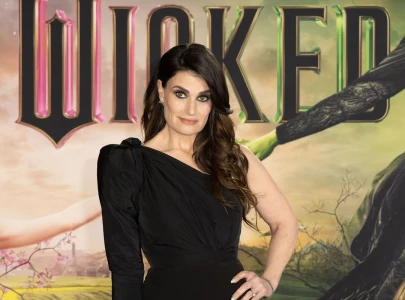




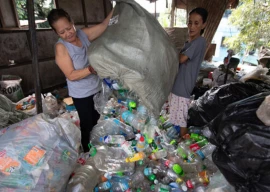
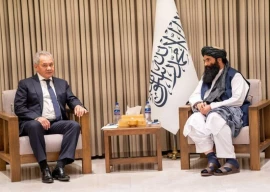
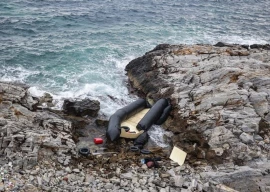
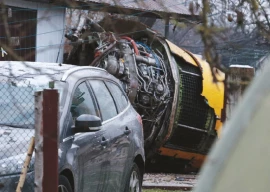
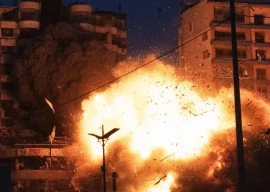
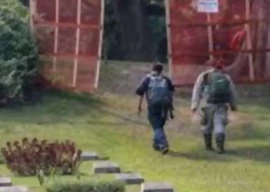






COMMENTS
Comments are moderated and generally will be posted if they are on-topic and not abusive.
For more information, please see our Comments FAQ